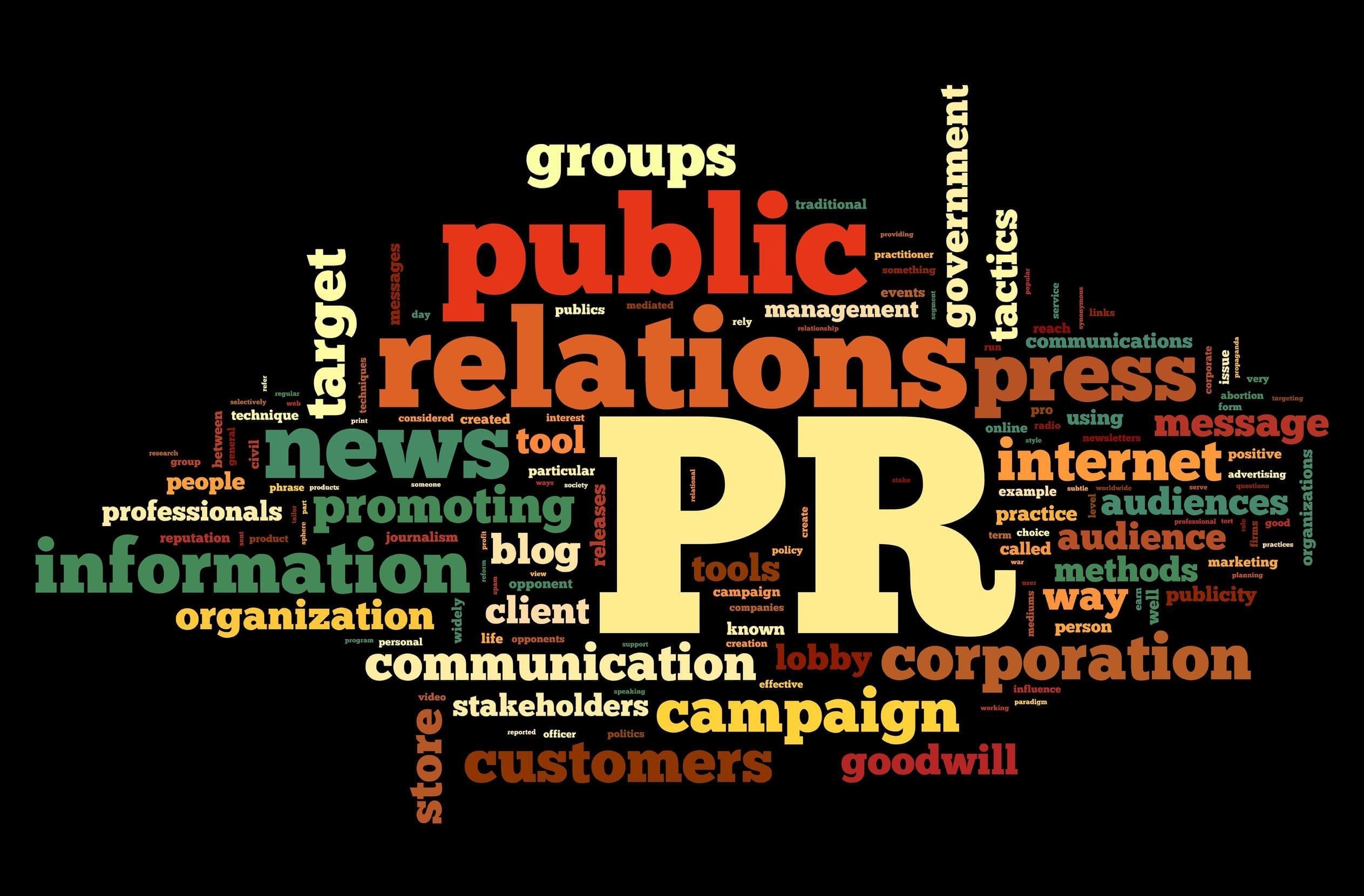
The digital revolution has transformed the way we communicate forever. It has given brands the chance to talk directly to customers for the first time, making the old process of PR seem redundant. No longer do firms have to draft press releases and issue them to journalists in the hope they’ll get published. Today, businesses can cut out the middle media and get straight to their target audience.
Is traditional PR still relevant?
Social media, blogging, vlogging, podcasting, online networking, clubhouse… they all present the perfect opportunity to put brands directly in touch with the people they want to do business with. What’s more, they’re free. So if the new digital world has presented all this change, is traditional PR still relevant? It’s a good question and one I’ll try to explore.
Traditional PR is widely associated with PR people having exclusive and strong relationships with journalists who write for newspapers or magazines. In the old days, a press release would be drafted – highlighting any company news – and then posted or emailed to the journalist. The journalist would then decide if the story was worthy of publication.
These days, press releases don’t seem as important. Why pay for PR agencies to craft your company news when you can just go direct and inform your own customers via the web? That’s whether you use your own website news page or blog, or shout about your updates via something like Twitter or Facebook. Makes traditional PR seem irrelevant, doesn’t it!
In which case, what on earth do PR agencies do anymore? Do they even provide traditional PR these days? The answer is yes, they do. Because magazines and newspapers still exist and press releases still need to be drafted… at least for now. You see, with circulations down and journalist jobs scaled back, the media need convenient press releases more than ever before. They haven’t the time to mess about when newsrooms are so under-staffed. So this is where traditional PR still plays a part.
However, a lot of these journalists are now on Twitter and might even write their own blogs. This means PR professionals can follow them online and see what interests them. It means they can find out what they’re more likely to publish and approach them in a more relevant way. The days of sending out generic press releases through blanket emails are certainly gone. Today, more than ever before, PR people can be savvy with their approach to journalists.
But that’s just traditional media. What about new media? Or social media? What about the internet? As I pointed out before, the digital revolution has meant journalists don’t have to be the middlemen (or women) anymore. These days, brands can talk directly to their customers via the web. In which case, PR has definitely changed. Many call it ‘digital PR’ or ‘online PR’. Some even name it ‘interactive PR’. To me, PR is just PR. PR is always about protecting and enhancing reputations. And that’s achieved by using different vehicles of communication to transport the messages between brands and customers. Today, the vehicles have changed a little but PR still has its place.
So this leads me to another question… Are PR agencies still needed? In a nutshell, yes they are. Especially with helping brands to make the most of the web. For example, blogs might be free but many firms don’t know how to write for the web or provide relevant content – that’s where modern PR agencies can step in and help. Twitter might seem fun and light-hearted but the wrong tweet can turn into a PR nightmare if you’re not careful. A startup pr agency can find work on the go as more and more brands are finding it difficult to find content creators with enough experience to manage their reputations online!
Put simply, PR is about reputation. It’s about managing your company profile and how people perceive you. This means no matter what medium you use to communicate with, you should always consider hiring an expert to ensure you’re giving out the right messages and signals. Traditional or digital, PR is still relevant to any business.

Be the first to comment